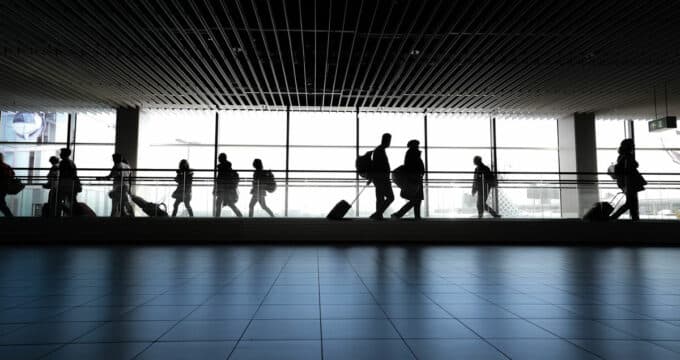BELTA shares latest Brazilian education market research
With programmes like Science Without Borders, greater overall wealth, and nervousness about the domestic university system, study abroad is increasing in attractiveness to the huge student-aged Brazilian population. In order to learn more about this market from the student recruitment agency perspective, ICEF Monitor caught up with Mr Carlos Robles, President of BELTA and Director of Intercultural Educational Programs (IEP), Brazil. Approximately 600 agencies are members of BELTA, and as Mr Robles explains, "BELTA agencies are responsible for 90% of the international education market in Brazil, so BELTA is a great resource for an educator who wants to get started in Brazil." Last year, BELTA conducted market research on 2010 figures to produce more in-depth insight on the international education and exchange market in Brazil (results from 2011 are forthcoming). Mr Robles discusses their research results in our video interview below, and his presentation from our recent ICEF Berlin also appears at the end of this article. A total of 71 respondents completed their survey. Of the 62 companies that provided the data, in total they sent nearly 79,000 students abroad in 2010 with a combined economic impact of nearly US $546,075,000 (total estimates reach as high as US $590 million). Mr Robles also explains that the market of travel and cultural education agencies in Brazil is highly concentrated: "Seventy percent of the international education business is concentrated in the south or southeast region of the country." Additionally, about ten companies represent nearly 90% of the volume of students sent abroad for courses.
It's a strong market, with nearly 90% of the companies surveyed estimating that the market will grow considerably in the next three years, with rates ranging up to 40% over the current volume.
Language courses were the number one educational service in demand followed by high school programmes and work abroad opportunities such as internships or au pair programmes. The average language course lasts up to three months and costs US $4,900. Mr Robles points out that the most attractive countries for Brazilian students include, in order of preference: Canada, the US, the UK, Australia, Ireland, and New Zealand. He also tells us their research showed that French language students prefer to go to France and Spanish language students choose Spain, but Chile and Argentina are becoming more popular. BELTA's research also showed that specific travel insurance is required by countries such as France and Spain, and as a result, many agencies in Brazil sell this insurance as a successful, additional source of revenue. Most students who go abroad to study are 18-25 years old and are from private schools. Study abroad programmes are accessible to all social classes but lately, local agencies are starting to see more students from lower socioeconomic backgrounds (referred to as 'Class C') going abroad. Almost 75% of agencies have sent students from this market segment abroad in order to enhance their career and language skills. Mr Robles also offers some tips on how to recruit beyond Rio or Sao Paulo, as well as how to build partnerships with Brazilians: "be very transparent, be open and establish a personal relationship." While the future may depend heavily on the economy and local currency value, Mr Robles confidently states, "International education is a stable market with a constant curve up."














